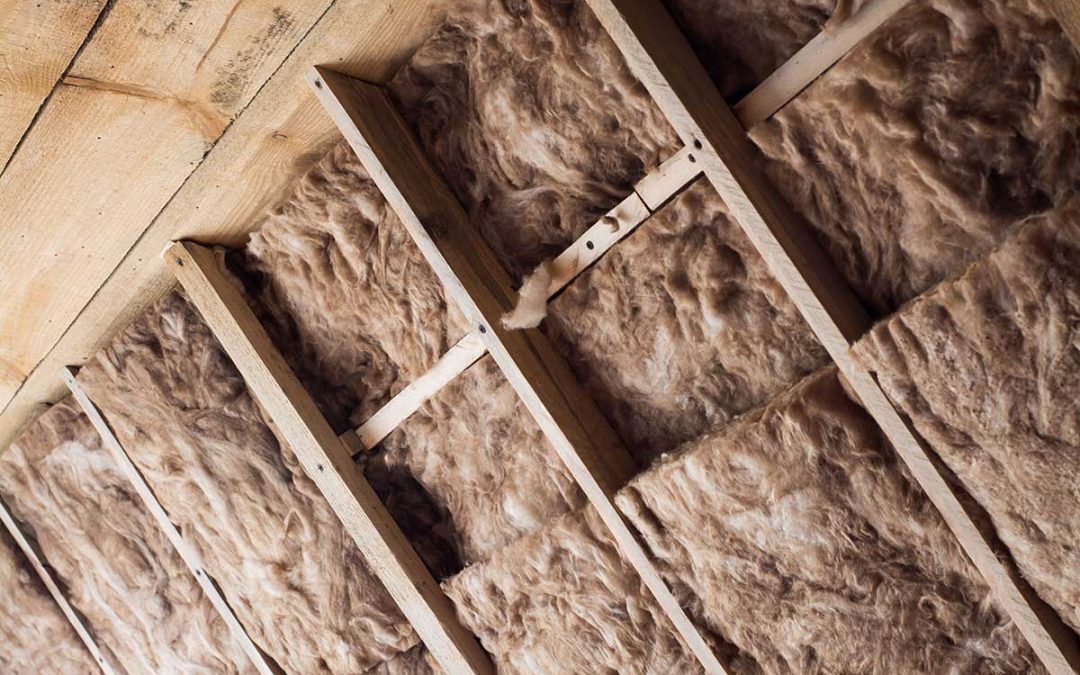When it comes to reducing monthly energy costs, homeowners often focus on upgrading appliances or adjusting thermostats. However, one of the most effective yet overlooked solutions lies directly above your head. Proper attic insulation serves as your home’s first line of defense against energy waste, creating a barrier that keeps conditioned air where it belongs and significantly impacts your utility bills.
Understanding how attic insulation works and its role in energy efficiency can help you make informed decisions about your home’s comfort and long-term savings. Let’s explore the science behind insulation and discover why this often-forgotten space plays such a crucial role in your home’s energy performance.
The Science Behind Heat Transfer
Heat naturally moves from warm areas to cooler ones through three main processes: conduction, convection, and radiation. In your home, this means heated air during winter wants to escape to the cooler outdoors, while in summer, hot outdoor air seeks to enter your cooler indoor spaces. Without proper insulation, your attic becomes a highway for this unwanted heat transfer.
Think of your home as a giant thermos bottle. Just as a thermos keeps hot drinks hot and cold drinks cold by preventing heat transfer, proper attic insulation creates a thermal barrier that maintains your desired indoor temperature. When this barrier is inadequate or missing, your heating and cooling systems must work overtime to compensate for the constant loss or gain of conditioned air.
How Poor Insulation Affects Your Energy Bills
Inadequate attic insulation forces your HVAC system into a constant battle against the elements. During winter months, warm air rises naturally and escapes through poorly insulated attic spaces, causing your heating system to run more frequently to maintain comfortable temperatures. The same principle applies in reverse during summer, when hot attic air radiates down into your living spaces, making your air conditioning work harder.
This increased workload doesn’t just affect comfort levels—it directly translates to higher energy consumption. Your heating and cooling systems account for a substantial portion of your home’s total energy usage, and when they’re running inefficiently due to poor insulation, the impact on your monthly bills becomes noticeable quickly.
The financial burden extends beyond just increased runtime. Overworked HVAC systems also experience more wear and tear, potentially leading to more frequent repairs and shorter equipment lifespans. This creates a cycle where poor insulation not only increases monthly operating costs but also accelerates long-term replacement expenses.
The Insulation Solution
Proper attic insulation works by creating a thermal envelope that separates your conditioned living space from the unconditioned attic area. This barrier slows down heat transfer, allowing your heating and cooling systems to maintain desired temperatures with less effort and energy consumption.
Quality insulation materials are designed to trap air within their structure, creating countless tiny pockets that resist heat flow. The effectiveness of insulation is measured by its R-value, which indicates resistance to heat transfer. Higher R-values provide better insulating properties, though the optimal level depends on your climate zone and local building codes.
When properly installed, attic insulation creates a consistent thermal boundary that eliminates hot and cold spots throughout your home. This uniformity means your HVAC system can operate more efficiently, cycling on and off at appropriate intervals rather than running continuously to overcome temperature variations.
Beyond Energy Savings
While reduced energy bills represent the most immediate and measurable benefit of proper attic insulation, the advantages extend far beyond monthly savings. Improved insulation enhances overall home comfort by eliminating drafts and temperature fluctuations that can make certain rooms uncomfortable regardless of thermostat settings.
Better insulation also contributes to improved indoor air quality by reducing the infiltration of outdoor pollutants, allergens, and humidity. This creates a healthier living environment while also protecting your home’s structure from moisture-related issues that can lead to costly repairs.
Additionally, homes with proper insulation often experience less noise transmission from outside, creating a quieter, more peaceful indoor environment. This acoustic benefit adds to the overall quality of life improvements that come with a well-insulated home.
Proper attic insulation represents one of the most effective ways to reduce energy bills while improving home comfort and efficiency. By creating a thermal barrier that reduces heat transfer, quality insulation allows your heating and cooling systems to operate as designed rather than working against constant energy losses.
If you’re ready to explore how proper attic insulation can benefit your home and budget, contact our team today to discuss your specific needs and available options.

